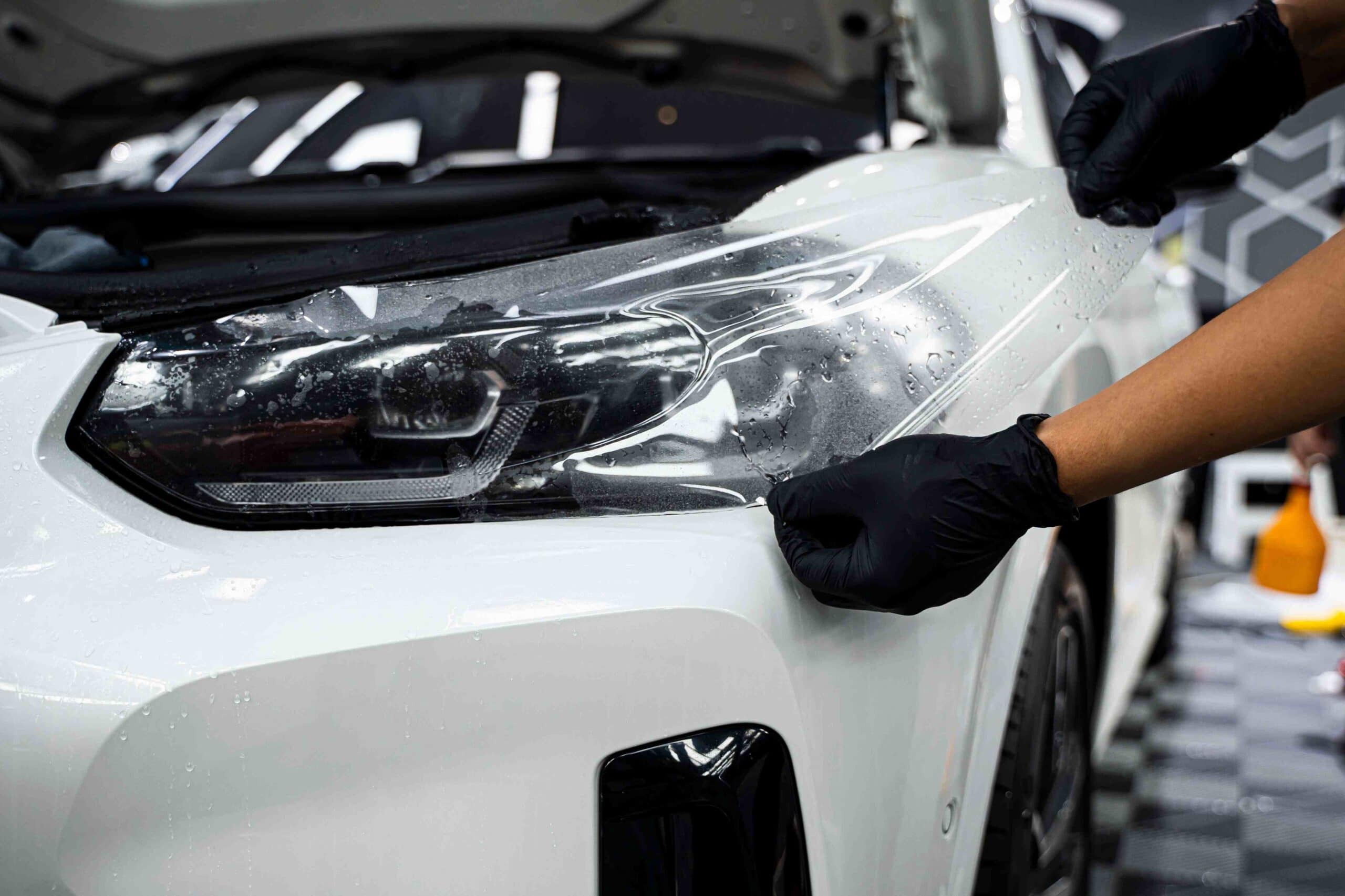Summary:
Eco-Friendly Custom Wheels and Performance Upgrades
First, let’s consider custom wheels, often one of the most impactful visual changes you can make to a vehicle. Opting for wheels manufactured using recycled materials, such as high-quality recycled aluminum alloys, represents a significant step towards sustainability. The process of recycling aluminum requires substantially less energy compared to producing primary aluminum from bauxite ore, thus lowering the carbon footprint associated with your wheel choice. Furthermore, selecting lightweight wheel designs can contribute to improved fuel efficiency or extended range for electric vehicles (EVs) by reducing unsprung mass. This means the suspension works more efficiently, and less energy is needed to rotate the wheels. Alongside wheels, performance upgrades can also align with eco-conscious goals. For instance, “eco-tuning” involves reprogramming your vehicle’s engine control unit (ECU) to optimize fuel combustion and transmission shift points for maximum efficiency, helping you conserve fuel without necessarily sacrificing responsiveness. Similarly, choosing tires with low rolling resistance can make a noticeable difference in fuel consumption over the life of the tires. Thoughtful auto styling includes these performance aspects.
How Performance Tuning Can Be Greener
Performance upgrades often bring to mind increased horsepower, but they can also focus on efficiency. Eco-tuning, as mentioned, optimizes your engine’s parameters for fuel economy. Another approach involves upgrading components to be more efficient. For example, installing a high-flow, yet cleanable, air filter can slightly improve airflow to the engine, potentially allowing for more efficient combustion, while also being reusable, unlike disposable paper filters. Similarly, certain exhaust system modifications can reduce backpressure, sometimes allowing the engine to operate slightly more efficiently, although careful selection is needed to remain compliant with emissions regulations. These types of vehicle modification demonstrate that performance and sustainability can coexist. Considering these options contributes to responsible auto styling.
Sustainable Body Kits and Custom Paint Choices
Performance upgrades often bring to mind increased horsepower, but they can also focus on efficiency. Eco-tuning, as mentioned, optimizes your engine’s parameters for fuel economy. Another approach involves upgrading components to be more efficient. For example, installing a high-flow, yet cleanable, air filter can slightly improve airflow to the engine, potentially allowing for more efficient combustion, while also being reusable, unlike disposable paper filters. Similarly, certain exhaust system modifications can reduce backpressure, sometimes allowing the engine to operate slightly more efficiently, although careful selection is needed to remain compliant with emissions regulations. These types of vehicle modification demonstrate that performance and sustainability can coexist. Considering these options contributes to responsible auto styling.
Eco-Conscious Interior Customization and Accessory Selection
The inside of your car provides numerous opportunities for sustainable vehicle modification. When considering interior customization, explore materials derived from renewable or recycled sources. Options include upholstery made from fabrics woven with recycled PET plastic bottles (like REPREVE), durable bamboo accents instead of traditional plastics, or floor mats crafted from recycled rubber or natural fibers like coir. Leather alternatives derived from plant sources, such as pineapple leaf fibers (Piñatex) or mushroom mycelium, are also emerging as innovative, lower-impact choices compared to conventional leather tanning processes. Furthermore, sound-deadening materials made from recycled textiles can improve cabin quietness without using virgin resources. These choices for interior customization reflect a commitment to stylish sustainability. Careful auto styling extends to every part of the vehicle’s interior.
Choosing Sustainable Car Accessories Wisely
Car accessories add personality and functionality, and here too, sustainable options exist. Look for accessories made from recycled metals or plastics, such as phone mounts or cargo organizers. Roof racks fabricated from recycled aluminum offer durability with a lower environmental cost. Even smaller choices, like seat covers made from organic cotton or recycled polyester blends, contribute to a greener approach. Upgrading to LED lighting for interior and exterior accent lights not only offers brighter illumination but also consumes significantly less energy than traditional incandescent bulbs, reducing electrical load. Selecting these types of car accessories helps minimize waste generation and supports manufacturers who prioritize sustainable sourcing and production methods in the automotive aftermarket. This is an often overlooked aspect of auto styling.
The Role of Modern Technology in Eco-Friendly Customization
Technological progress is playing a key role in making sustainable auto styling and vehicle modification more accessible and effective. Additive manufacturing, commonly known as 3D printing, allows for the creation of intricate custom parts—like interior trim pieces, brackets, or even complex ducting—with minimal material waste compared to traditional subtractive methods (carving from a larger block). Materials used can include recycled thermoplastics (like PETG or ABS) or even bio-based composites. Digital design tools, such as Computer-Aided Design (CAD), enable precise visualization and virtual testing of modifications before any physical work begins, reducing the need for multiple prototypes and wasted materials. For electric and hybrid vehicles, specific modifications can further enhance their inherent efficiency. Aerodynamic body panels or underbody trays can reduce drag, extending range, while specialized lightweight wheels, as mentioned earlier, decrease rotational inertia. Technology empowers more sustainable customization pathways.
Embrace Sustainable Car Customization in Oakland County Today
In conclusion, pursuing eco-friendly car customization is not only feasible but also deeply satisfying. By making informed choices about materials—selecting recycled aluminum for custom wheels, waterborne paints for a new color, or reclaimed fabrics for interior customization—and embracing efficient technologies, you can significantly lessen the environmental impact of your vehicle modification projects. This approach allows you to express your personal auto styling preferences while aligning with sustainable values. For residents throughout Oakland County, MI, navigating these options is made easier with local knowledge. Master Touch AutoSports possesses the understanding of suitable materials and techniques for our Michigan climate and can guide you toward achieving your vision responsibly. Ready to transform your vehicle with style and sustainability in mind? Contact us today to begin discussing your sustainable car transformation journey.





